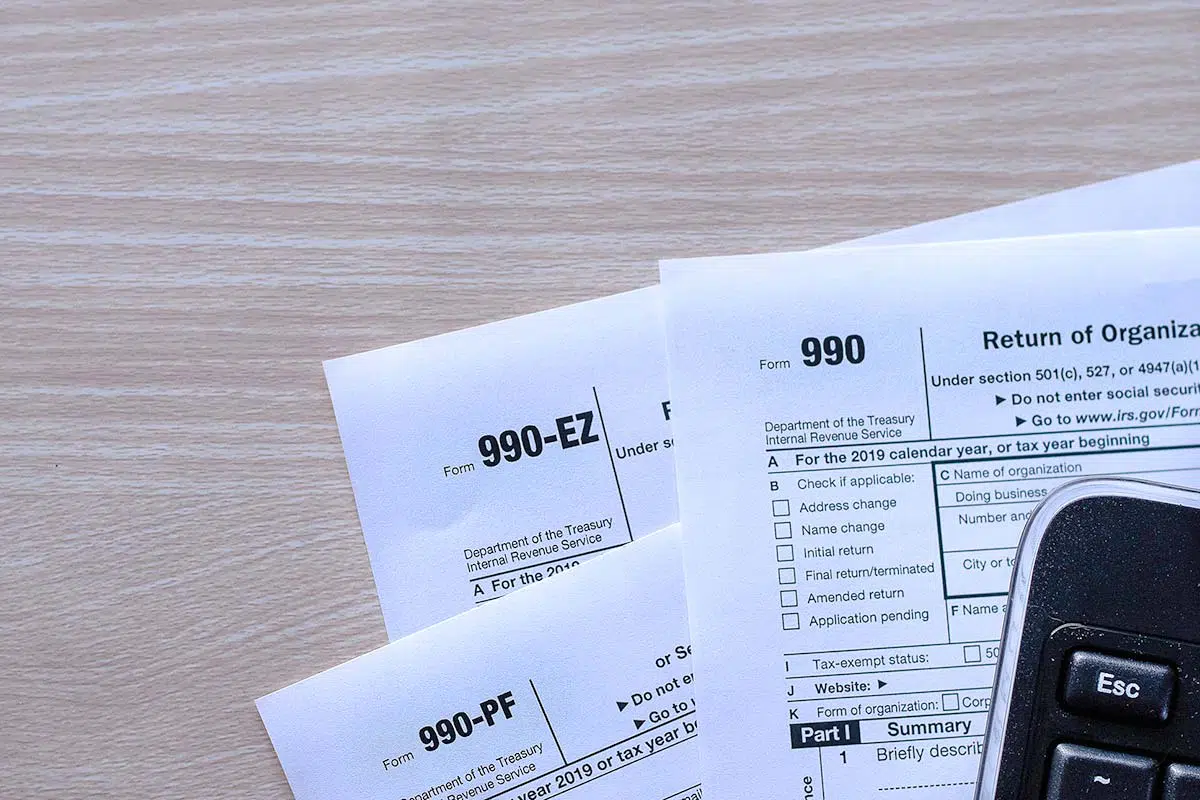The automatic exemption of churches from taxation is a fundamental right under our national constitution. And while most other forms of charities are required to file IRS form 990 or 990-EZ, churches are exempted even from this requirement. The First Amendment’s granting of freedom of religion has led both the courts and the Internal Revenue Service to have accordingly adopted a “hands off” approach to church taxation.
That said, despite this automatic exemption there may be certain circumstances in which it makes sense for a church to obtain an advanced determination of exempt status from the Internal Revenue Service .
For example, potential donors can at times be skittish when uncertain whether their gifts will be tax deductible—which is, for better or worse, one reason that people choose to donate. A church that has a determination letter from the IRS may serve to provide these on-the-fence potential donors with peace of mind by being able to provide proof if these donors are ever audited. Choosing to file places the church on IRS records designating qualified charitable organizations, and also entitles the church to a determination letter from the IRS stating explicitly that any contributions will be tax deductible.
A determination letter can also be helpful if the church wants to apply for property tax exemptions, and may be an aid to general administrative convenience.
This is all naturally in addition to the issues that arise if a church is engaged in business activity that makes it subject to Unrelated Business Interest taxation, which is discussed in an earlier post. Some churches find it beneficial to file all income—with the types of income separated into their separate categories, of course—in order to ensure no problems arise in the future should an audit become necessary. (This is generally unlikely, and there is a high bar the IRS must leap before it may engage in such an audit—but it can be a pretty big deal if it happens.)
When a church or nonprofit organization in Arizona needs advice about whether to file taxes in a particular situation, Provident Law’s church and nonprofit attorneys are here to help. We recognize how essential these organizations are to society, and we provide broad transactional and general counsel services to keep them running smoothly. Contact us to learn more.


